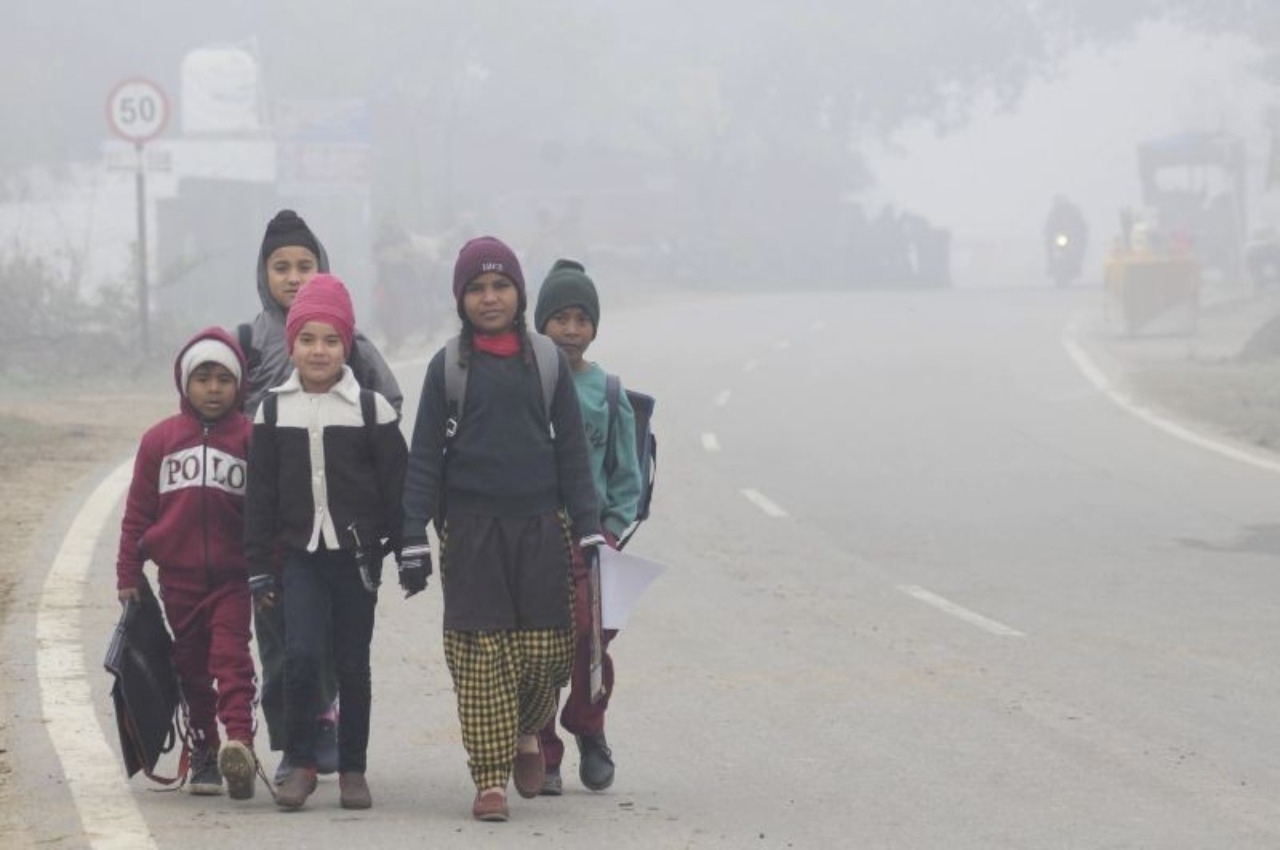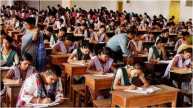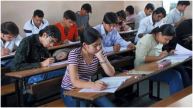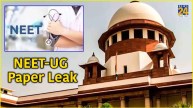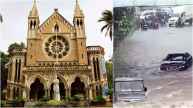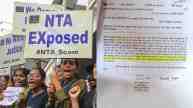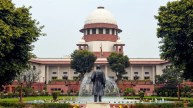New Delhi: The state governments of Delhi, Haryana, and Uttar Pradesh are still considering closing schools until the air quality improves, despite Delhi’s air quality index (AQI) being just one notch shy of falling into the “severe plus” category and the Commission for Air Quality Management (CAQM) ordering strict measures under stage 4 of the graded response action plan (Grap) in Delhi and the National Capital Region (NCR) on Thursday.
For the time being, Delhi’s schools have taken it upon themselves to restrict outdoor physical activity and require kids to wear N95 masks. A few institutions have also shifted to online instruction.
On Thursday, Delhi’s AQI was 450.
The Gautam Budh Nagar administration in neighbouring Noida has mandated that up till class 8 for all boards, only online classes would be held. Additionally, it has requested that schools suspend senior students’ in-person classes and limit their outside excursions.
“All schools have been asked to stay shut up to grade 8, but we are urging schools to stop physical classes for senior students as well. We have also ensured more water sprinkling, shutting of industries and stopping of all construction activities,” said Ritu Maheshwari to private media channel, the CEO of Noida authority, who is handling extra expenses as the community magistrate of Gautam Budh Nagar.
In the meantime, Haryana hasn’t decided whether to close Gurugram and Faridabad’s schools.
Following a meeting in Faridabad with representatives of the pollution control board, Nishant Kumar Yadav, deputy commissioner for Gurugram, stated that a decision about schools will be made on Friday. “We are aware of the rising pollution level and we will enforce guidelines under stage 4 of Grap after a meeting with the pollution control board and Haryana chief minister on Friday,” he said to private media channel.
Manohar Lal Khattar, the chief minister of Haryana, stated on Thursday that the state’s pollution control board will decide on stage 4 measures following a seminar in Faridabad. “We will implement the required guidelines in Gurugram and Faridabad districts,” he said to private media channel.
ITL School’s principal Sudha Acharya
The National Progressive School Conference (NPSC), which has more than 120 Delhi schools as members, including Sardar Patel Vidyalaya, Delhi Public Schools, and Amity International School, is chaired by Sudha Acharya, principal of ITL School, Dwarka. She announced that the school had stopped all outdoor and physical activity for students over the past few weeks. “We are not holding outdoor activities. All physical activities of students have been moved to the indoor gymnasium. We are ensuring that students wear masks properly. We have recommended that they wear N95 masks and not the cotton ones,” said Acharya to private media channel.
She claimed that many parents oppose closing schools because of how pervasive pollution is. “Not all houses have air purifiers. The air quality is bad almost everywhere, even within homes. Since both parents are working these days, they prefer that children continue to go to school which is a much safer space,” she added.
Bharat Arora’s statement
In light of the high levels of pollution, according to Bharat Arora, president of the Action Committee of Private Unaided Schools, a group of private schools, all outdoor and physical activities have been discontinued at his institution.
Before making a judgement about closing a school, Arora said, parents should be consulted. “We need to find a common ground since closure might not be the best solution for all stakeholders,” said Arora to private media channel.
The colder, heavier air tends to settle closer to the ground in the mornings; in the evenings, the heat from the sun helps trigger convection currents, which lift trapped pollutants higher in the atmosphere.
Dr Rakesh Bagdi statement
At Delhi’s Kalawati Saran Children’s Hospital, paediatrician Dr Rakesh Bagdi said to private media channel: “The problem is that pollution levels are at their peak in the morning when the children have to head for school. We are already seeing a spike in cases of infants whose pre-existing respiratory conditions have worsened.”
While the majority of institutions stated that they are awaiting guidance from the Delhi government, they also stated that online courses would still be offered if schools closed.
Sanskriti School’s principal statement
Sanskriti School’s principal, Richa Sharma Agnihotri, announced that her institution will suspend all outdoor activities and already had air purifiers in the classrooms. Children with respiratory conditions have been urged by the school to exercise additional caution and care. “We are waiting for the Delhi government’s decision right now. Even if they were to decide to stop in-person classes, online classes will continue. It will not be difficult for us to switch to online classes within a day’s notice. The health of children is most important. At the same time, learning will not suffer,” said Agnihotri to private media channel.
